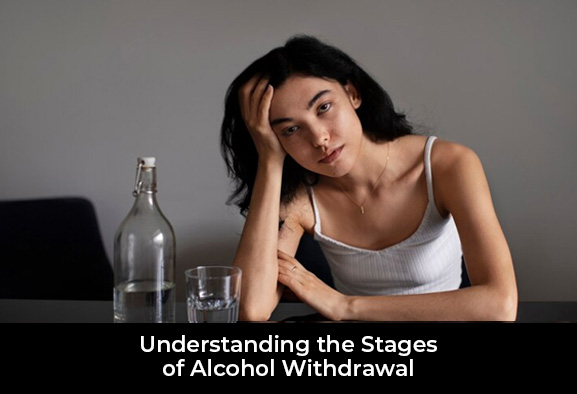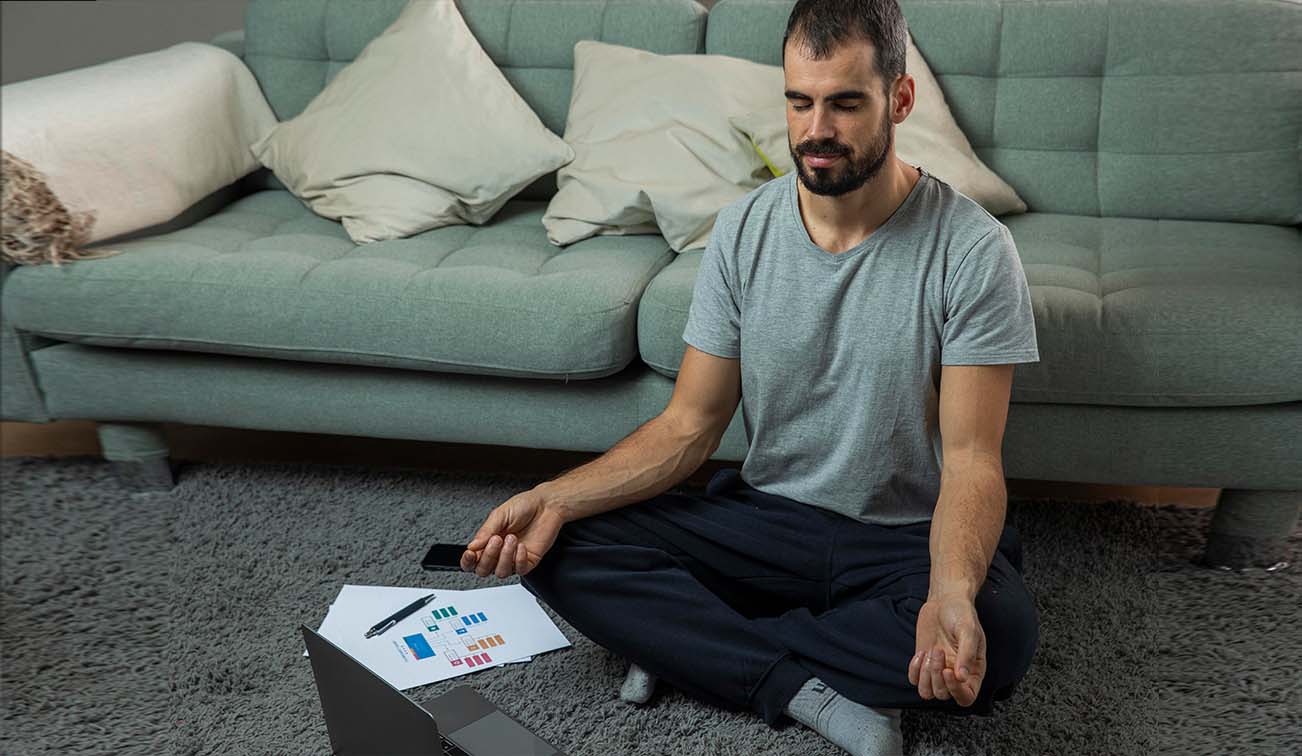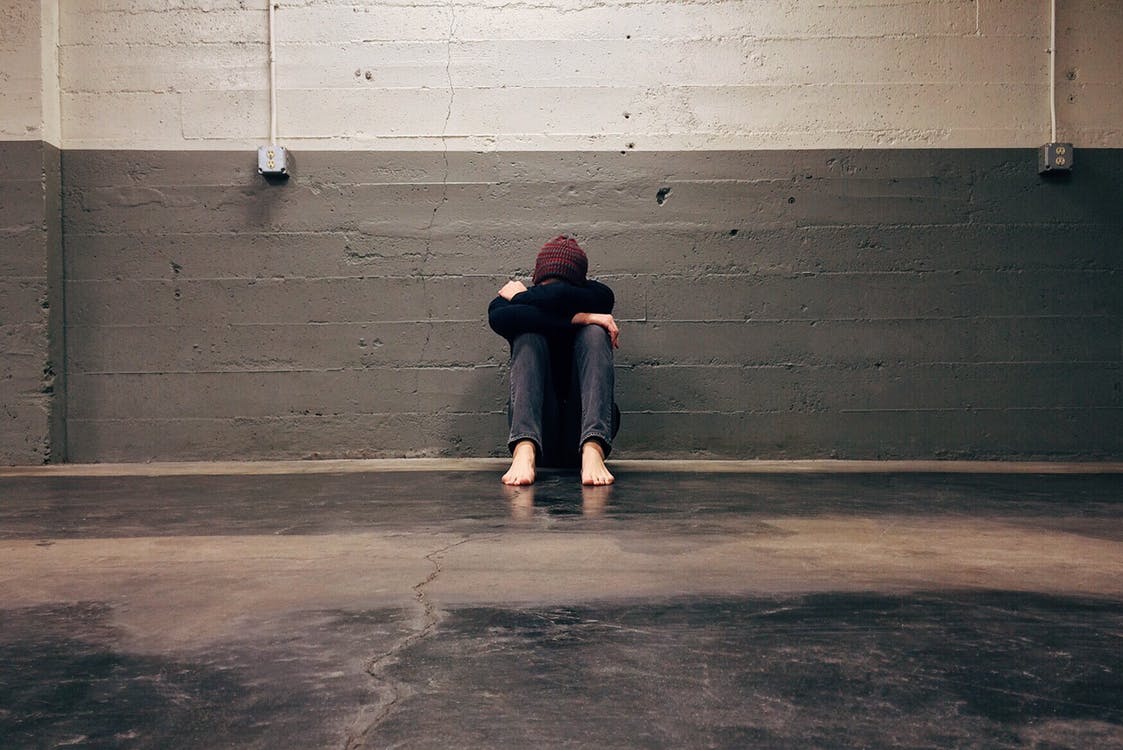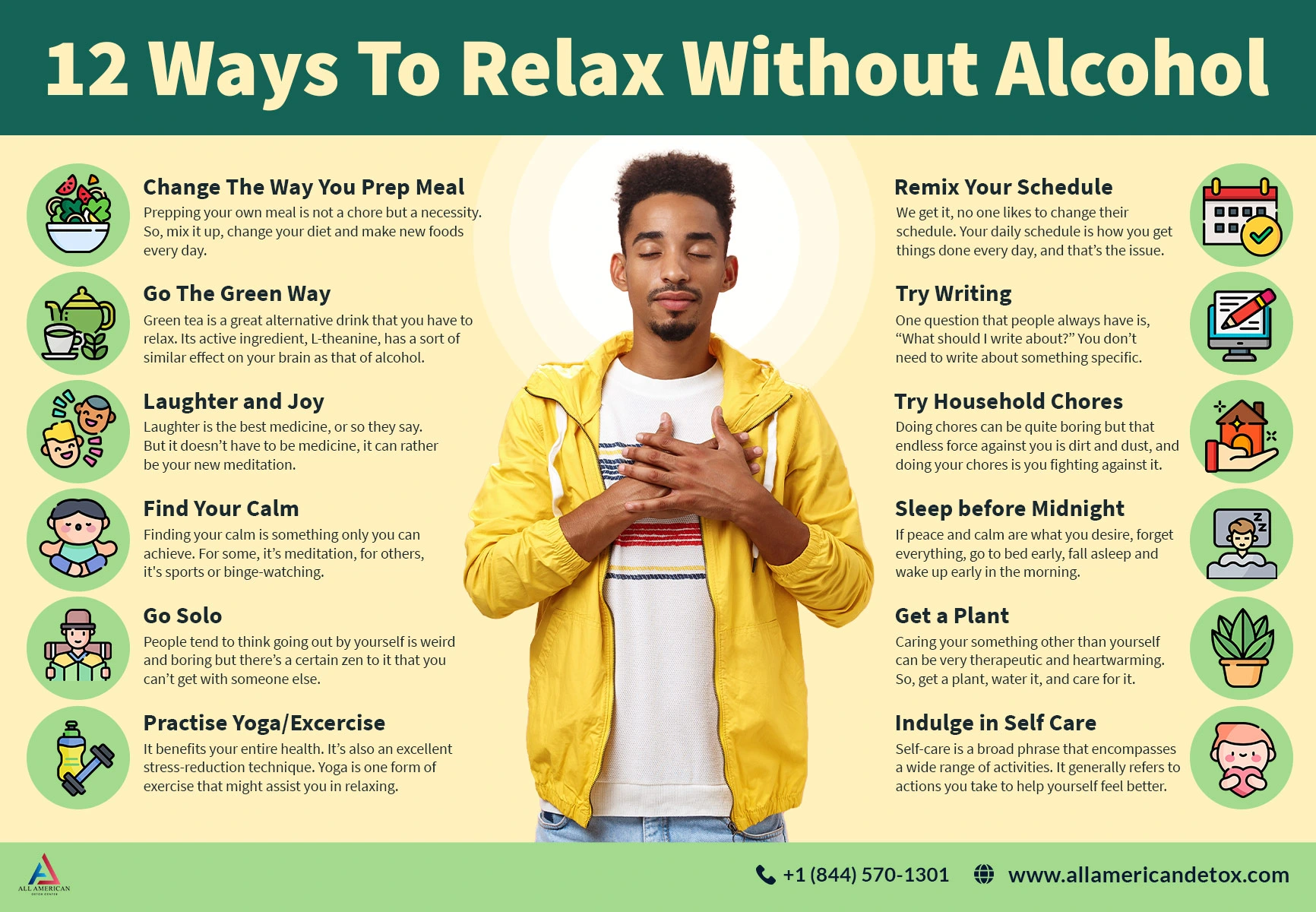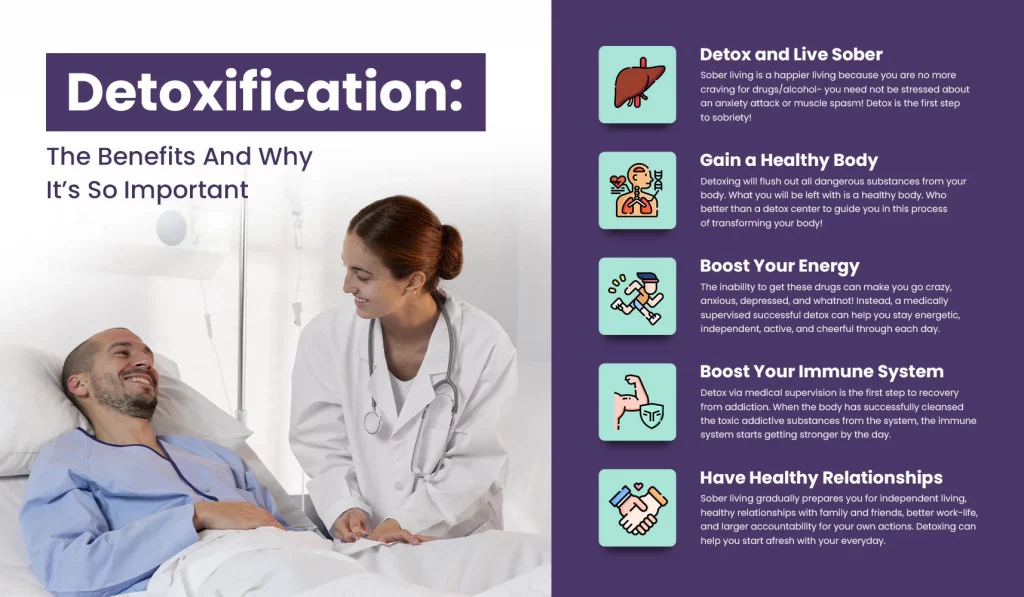When it comes to grappling with alcohol addiction, understanding the stages of alcohol withdrawal is crucial. Withdrawal is a complex process that varies in intensity, and individuals may experience it differently based on factors such as the duration and intensity of alcohol consumption.
In this comprehensive guide, we delve into the three main stages of alcohol withdrawal: Mild, Moderate, and Severe.
Understanding the Complexity of Alcohol Addiction
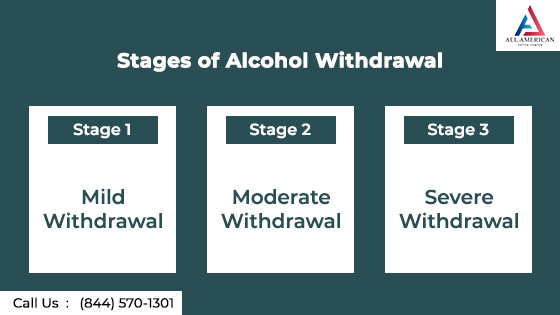
Alcohol addiction is a nuanced and intricate challenge that affects individuals differently. A professional support system ensures a holistic understanding of the complexities involved.
Unlike self-directed attempts at recovery, where the focus might be on symptomatic relief, professionals delve into the root causes, providing a more thorough and effective treatment plan.
Mild Withdrawal
Recognizing the Signs
In the initial stage of alcohol withdrawal, individuals typically encounter mild symptoms as their bodies start adjusting to the absence of alcohol. Mild withdrawal symptoms may include headaches, nausea, and irritability. These are the body’s early signals that it is transitioning from a state of dependence on alcohol to a state of sobriety.
Coping Strategies
It’s crucial to approach mild withdrawal with a proactive mindset. Engaging in activities that promote relaxation, such as deep breathing exercises or light physical activity, can assist in alleviating these initial symptoms. Staying hydrated and maintaining a balanced diet also contribute to a smoother transition.
Moderate Withdrawal
Escalating Symptoms
As the withdrawal process progresses, individuals may enter the moderate withdrawal stage. During this phase, symptoms intensify, potentially involving more pronounced psychological and physical challenges. Moderate withdrawal symptoms may include heightened anxiety, increased heart rate, and elevated blood pressure.
Seeking Professional Support
Given the escalating nature of moderate withdrawal, seeking professional assistance becomes imperative. Medical supervision and support from addiction specialists can provide a structured and safe environment for individuals navigating this challenging stage. Medications may be prescribed to manage symptoms and ensure a more comfortable withdrawal experience.
Severe Withdrawal
A Critical Phase
Severe alcohol withdrawal, also known as delirium tremens (DT), represents the most critical stage. This phase is characterized by severe and potentially life-threatening symptoms, including hallucinations, seizures, and extreme confusion. It is crucial to recognize the severity of these symptoms and seek immediate medical attention.
Emergency Intervention
Severe withdrawal demands immediate medical intervention.
Hospitalization is often necessary to ensure the safety and well-being of the individual experiencing these intense symptoms. Medications such as benzodiazepines may be administered under close medical supervision to prevent seizures and manage the overall severity of the withdrawal process.
Why Choose Professional Support for Alcohol Addiction?
Opting for professional assistance during alcohol withdrawal is not just a recommendation; it’s a necessity. Our team at All American Detox in California emphasizes the following reasons:
Medical Supervision: Ensuring Safety
Alcohol withdrawal can pose serious health risks, and having medical professionals oversee the process ensures immediate intervention in case of complications. Safety is our top priority.
Tailored Treatment Plans: Addressing Individual Needs
Each individual’s journey through withdrawal is unique. Our experts craft personalized treatment plans, considering each person’s specific challenges and needs.
Emotional Support: Nurturing Mental Well-Being
Withdrawal is not just a physical process; it profoundly affects mental well-being. Our team provides unwavering emotional support, understanding the importance of addressing physical and psychological aspects.
Access to Evidence-Based Therapies
Effective alcohol addiction treatment relies on evidence-based therapies that have demonstrated success in helping individuals overcome their struggles.
Professional support grants access to various evidence-based therapies, including cognitive-behavioral therapy (CBT), motivational enhancement therapy (MET), and contingency management. These proven methodologies significantly contribute to the success of the recovery journey.
Ongoing Counseling and Support
Recovery is not a one-time event but a continuous process that requires ongoing support. Professional assistance provides individuals with regular counseling sessions, support groups, and follow-up care, fostering a sustained commitment to sobriety. This ongoing support significantly reduces the risk of relapse and enhances the chances of long-term success.
Integration of Holistic Therapies
Beyond traditional therapeutic approaches, professional support often integrates holistic therapies that address the individual’s mind, body, and spirit. These may include yoga, mindfulness meditation, art therapy, and nutritional counseling. Incorporating holistic therapies enhances the individual’s overall well-being, promoting a balanced and healthy lifestyle.
Building a Supportive Network
Professional support extends beyond the individual, involving family members and loved ones in recovery. Building a supportive network is instrumental in creating a positive environment that reinforces the commitment to sobriety. Education, communication, and support network involvement contribute to a more robust and enduring recovery.
Confidentiality and Privacy
Acknowledging and seeking help for alcohol addiction can be a sensitive and private matter. Professional support provides a confidential and secure environment, allowing individuals to address their struggles without fear of judgment or social repercussions. This confidentiality encourages open communication and honesty, crucial elements in recovery.
Conclusion
Understanding the stages of alcohol withdrawal is paramount for anyone dealing with alcohol addiction or supporting a loved one through the recovery journey.
By recognizing the importance of professional assistance, individuals embark on a transformative journey that addresses the immediate challenges of addiction and lays the foundation for a sustainable and fulfilling future.
From the mild discomfort of initial withdrawal to the potentially life-threatening nature of severe withdrawal, each stage requires a tailored approach and, in many cases, professional intervention.
All American Detox is not just a treatment center; it’s a partner in your journey toward a brighter, addiction-free future. Take the first step towards recovery – reach out to us today.

